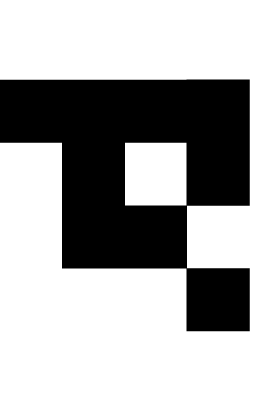
TINA
RALIC


Areas
Design
Brand Identity, Art Direction, Product Design,
UX/UI Design, Website design
Research & Consulting
Strategy & Concepts, User Research, Workshops
Marketing & Communication
Brand strategy & concepts, Copywriting, Content marketing
Music
Event creative content, Artist management, Content marketing for Artist, Music production & Sound design
check out my projects
I work to learn,
connect and
give back.
Just like most design companies, I find ways to utilise my services for a wide range of clients who hire me for the task at hand. In addition, I frequently devote a small percentage of my time to work on side projects that have the potential to upgrade my knowledge and skills or simply provide me with new business opportunities.
Me myself & I. On the fly.
I advocate agile work methods ↓
I encourage the individuals in the team to work within the guidelines (of the task) but without boundaries (of how they achieve it). I always strive to create a product that maintains both the authenticity of sustainable practice as well as credibility. I work with a permanent and flexible team of subcontractors whom I choose based on the complexity and nature of the project.
The universe is my office ↓
I usually cooperate remotely from my own office or co-working spaces. When I feel the need for more frequently exchanging views on the work process or if a project requires my full-time presence and creative advice to the team members, then I move to the client’s headquarters for the duration of the project.
Sustainable
design –
what is it?
When it’s time for the product implementation phase and if the budget allows, I usually strive to cooperate with contractors and suppliers who use environmentally-friendly production processes. For a better understanding of sustainable design practices, I’ve listed a few examples.
Print production ↓
Use eco-friendly production process: use bindings sewn with cotton threads, use 30% – 100% PCW recycled paper for printing and natural ECO materials, etc. Reduce the amount of paper and other materials used overall by designing smaller and more efficient pieces. (source: re-nourish.org)
Online production (UI/UX design) ↓
It’s important to remember that just because we aren’t using paper, UI/UX still has an environmental and social impact. A few possible practices for reducing its negative effects:
• simply streamline your code and images to reduce the download time and consequent use of energy. You can use CSS sprites or effects instead of images,
• or include a specially formatted print-friendly option designed to minimise paper waste for every web page created – CSS Printing styles make this easy. ♥
(source: re-nourish.org)
Clients
Ring a ding dong,
send an email or fill in the
form to collaborate.
+386 51 603 273
tina@tina-ralic.com


































